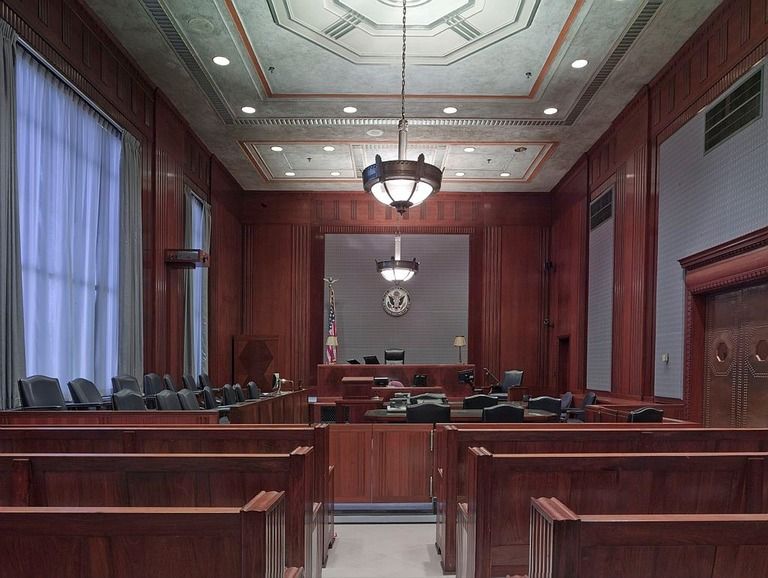 If you were recently arrested and charged with committing a crime, you will have a make a number of important questions in the weeks and months ahead. Many of those decisions will potentially have a direct impact on the rest o your life. Among the most important decisions you will need to make at some point is whether or not to take your case to trial. It is certainly not a decision to be made lightly, nor is it a decision you should make without consulting an experienced Omaha criminal attorney. There are, however, some factors you may wish to start contemplating now in preparation for the decision you will need to make.
If you were recently arrested and charged with committing a crime, you will have a make a number of important questions in the weeks and months ahead. Many of those decisions will potentially have a direct impact on the rest o your life. Among the most important decisions you will need to make at some point is whether or not to take your case to trial. It is certainly not a decision to be made lightly, nor is it a decision you should make without consulting an experienced Omaha criminal attorney. There are, however, some factors you may wish to start contemplating now in preparation for the decision you will need to make.
Criminal Prosecution Basics
If this is your first time as a defendant, you may not know much about the criminal justice system beyond what you have seen on television. As you may imagine, that isn’t always the most accurate depiction of how the system works. As a defendant, most of the important decisions in your case must ultimately be made by you. You should, of course, consult with your criminal defense attorney before making important decisions; however, the final decision is yours to make. Deciding to go to trial is one of those decisions.
Unless the State decides to dismiss the charges against you, your options will be to enter into a guilty plea agreement with the State or proceed to trial. If you decide to go to trial, you will then need to decide if you want a judge or a jury to decide the outcome of your trial.
Factors to Consider When Contemplating a Trial
Every criminal prosecution involves a unique set of facts and circumstances. Consequently, it is never a good idea to compare your case to someone else’s. When deciding to take your case to trial or not, focus exclusively on the factors that apply in your case. Some questions you may wish to ask yourself, or your attorney, when making your decision include:
- Can you admit guilt? To accept a guilty plea agreement you must be prepared to admit, in open court, that you did, in fact, commit the crime for which you are pleading guilty. If you are innocent and cannot do that, you have really have no choice but to proceed to trial.
- How strong is the State’s case? This is something that must be discussed with your attorney – and it is in your best interest to listen to his/her analysis of the State’s case. In a criminal prosecution, the State has the burden of proving the defendant guilty beyond a reasonable doubt. Therefore, what matters is what the State can prove.
- Do you have a viable defense strategy? This doesn’t mean you need to prove your innocence. It means how much doubt can you shed on the State’s evidence and witnesses? Can you get any evidence excluded from trial?
- What are the potential penalties if you lose at trial? Assuming the State has offered you a plea agreement, and that you are potentially willing to admit guilt, you need to weigh the likely sentence you will receive if you are convicted at trial against what your attorney can negotiate for you in a plea agreement.
- Can you find a “jury of your peers?” Although this should not be a consideration, the reality is that it is an important factor. Who will likely be deciding your guilt or innocence and will they bring any preconceived notions or biases to the deliberations?
- Is the judge known for being pro-prosecution or pro-defense? Judges are supposed to be impartial – and most are up to a point. They are human though, and most tend to lean in one direction or the other when ruling on motions or deciding cases. An experienced criminal defense attorney who is familiar with the court will know which way your judge tends to lean.
Contact an Omaha Criminal Attorney at Petersen Law Office
If you have been arrested for stalking in Omaha, consult with an experienced Nebraska criminal defense lawyer as soon as possible. In Nebraska contact Petersen Criminal Defense Law 24 hours a day at 402-509-8070 to discuss your case.


